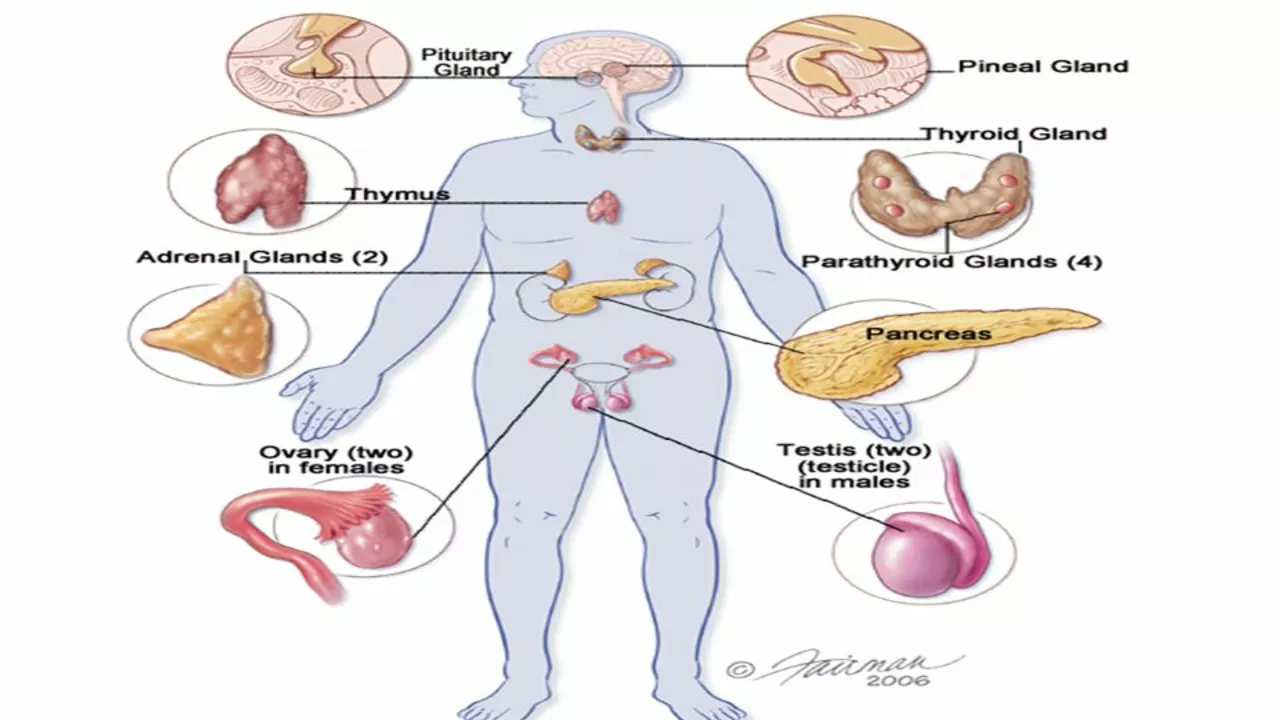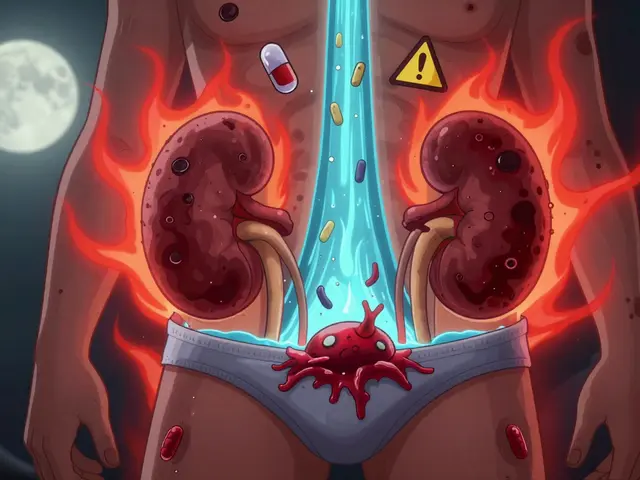Prolactin: What It Does and Why It Matters
Prolactin is a hormone made by the pituitary gland. Its main job is to help produce breast milk after childbirth. But prolactin affects other things too — menstrual cycles, fertility, sexual function, and even bone health. When levels are too high or too low, you usually notice clear changes. Knowing what to watch for helps you get care faster.
Common signs and what causes changes
High prolactin (hyperprolactinemia) often shows as missed periods, low sex drive, infertility, or unexpected milk production (galactorrhea) in people who aren’t pregnant or breastfeeding. Men may notice erectile dysfunction or reduced libido. Low prolactin is less common but can affect milk production after birth.
Causes of high prolactin include pituitary tumors called prolactinomas, certain medicines (antipsychotics, some antidepressants, metoclopramide), hypothyroidism, chest injury or surgery, and stress. Temporary rises can occur after exercise, sleep, or a blood draw done right after a stressful moment.
Testing and diagnosis
If your doctor suspects a problem, they’ll usually start with a blood test for prolactin, preferably in the morning and fasting. If the number is mildly raised, they may repeat the test or check for macroprolactin (a benign form that can skew results). Your doctor will also check thyroid function because low thyroid hormone can raise prolactin.
When prolactin is clearly high, the next step is an MRI of the pituitary to look for a prolactinoma. The size matters: microadenomas are under 10 mm and often treated medically; macroadenomas are larger and may need surgery or more urgent care if they press on nearby structures.
Treatment is usually straightforward. For many people, stopping a medication that raises prolactin fixes the issue. When a tumor is the cause, doctors often prescribe dopamine agonists like cabergoline or bromocriptine. These drugs lower prolactin, shrink many prolactinomas, and restore normal cycles and fertility in most patients. Side effects can include nausea, dizziness, or low blood pressure, so dosing starts low and rises slowly.
Surgery or radiation is reserved for people who don’t respond to drugs, can’t tolerate them, or have large tumors causing vision problems. If you’re pregnant and have a prolactinoma, your care team will plan monitoring closely — some medicines are stopped, some continued depending on size and risk.
Practical tips: tell your doctor about all meds and supplements you take; get a repeat prolactin test if the first result is only slightly high; ask about macroprolactin if symptoms don’t match the lab number. If you have unexpected milk production, missed periods, or new sexual changes, book an appointment and mention prolactin specifically.
Prolactin issues are usually manageable when caught early. With the right tests and the right treatment, most people regain normal function and avoid complications. If something feels off, trust your gut and check it out — small steps now save bigger problems later.
The Role of Hyperprolactinaemia in Hormonal Imbalance
In my latest blog post, I explored the role of hyperprolactinaemia in hormonal imbalance. Hyperprolactinaemia is a condition where the body produces excessive amounts of prolactin, a hormone responsible for milk production and regulation of the menstrual cycle. This overproduction can lead to several health issues, such as irregular periods, infertility, and even mood swings. I discovered that various factors, including stress, medications, and medical conditions, can contribute to this hormonal imbalance. Understanding and managing hyperprolactinaemia is crucial for maintaining our overall health and well-being.






